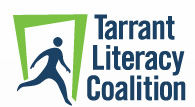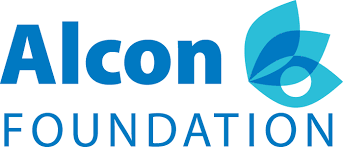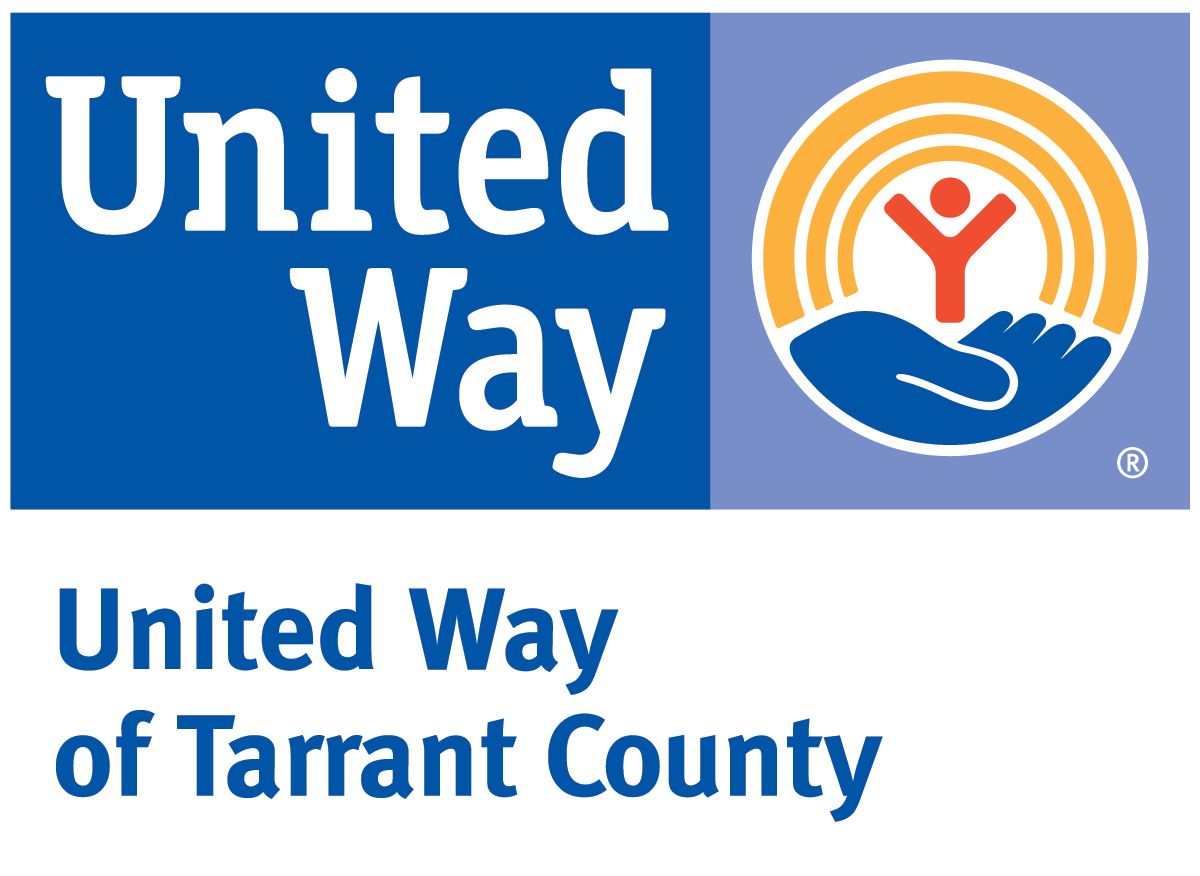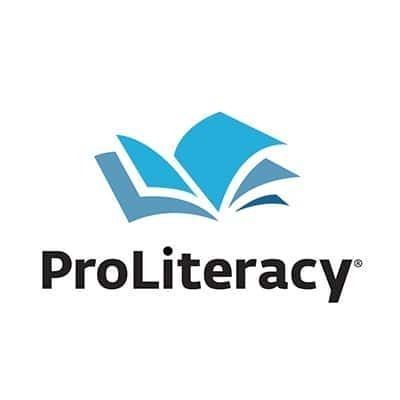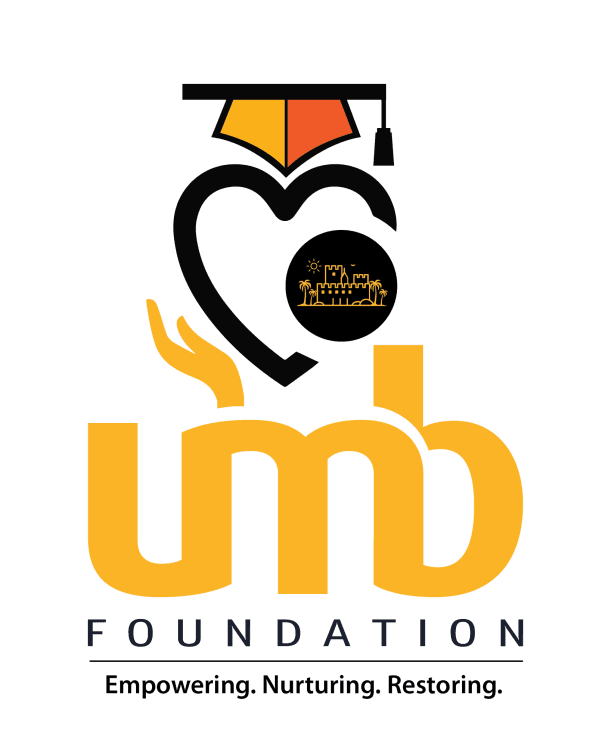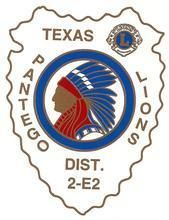Improving Job Readiness
For many businesses, the need to remain competitive requires that their employees accept additional work responsibilities and improve their job skills. However, they cannot do this without a strong reading/writing/math foundation or advanced English skills.
What is Workplace Literacy?
Workplace literacy develops the education and skills needed to secure, maintain, and advance one's career, while fully participating in the economy, home, and community.
Workplace literacy skills include:
-Basic reading, writing, and math
-English language proficiency
-Specialized vocabulary of a company, trade, or industry
-Computer skill-building for use on the job
-Reading materials and content directly relevant to employment and occupational goals
-Basic on-the-job conduct such as being on time, attendance, and relations with peers and supervisors
-Comprehension of wages, benefits, and worker protections
Literacy, education, English instruction, and vocational training allow workers who improve their skills to anticipate higher wages. This benefits workers' families and the economy through increased purchasing power, greater productivity for businesses, and higher tax revenues for local governments.

Click to learn about how your business or organization can compete in the Corporate Spelling Bee and raise awareness of literacy efforts around Tarrant County.
Recognizing Your Needs
Interested in incorporating workplace literacy training with your business or corporation? Assess your needs and reference the following chart to decide the best course of action.
You can also download a copy of the chart for reference:
Still uncertain? Contact our office and schedule a time to discuss an option that works for you and your employees.
| On-site | Off-site | |
|---|---|---|
| Funding/Support | The start-up and management of classes requires higher direct costs, but direct funding allows for control over spending and in-kind services. | Collaborating with established literacy programs requires lower direct costs, but it does not allow for direct control over funds. |
| Curriculum | The materials are tailored to suit the context of the employer, industry, or trade. However, the customization can raise costs. | The materials are not tailored to the employer, industry, or trade. However, they are already developed by the established organization. |
| Instructors | Teachers are recruited, trained, and prepared to accomodate specific needs within a business or coporation. | Teachers are recruited, trained, and prepared to help a variety of adult learner needs in the community. They can be one-on-one tutors, group instructors, volunteers, or paid staff by the established organization. |
| Employee Recruitment | Employee recruitment can be more difficult due to embarrassment of participating in a business setting. | Employee recruitment can be less difficult due to anonymity granted through participating on personal time. |
| Employee Participation | Employees can be encouraged and motivated by incorporating literacy with other training or promotional opportunities. | Employees can be encouraged and motivated through graduation ceremonies or other retention prizes and events. |
| Time | Classes are convenient and require low travel time. They can accommodate shift workers by providing class at nontraditional times. | Literacy programs provide a variety of locations across the county. They can be held close to home or work at a nonthreatening environment such as a local community center or church. |
